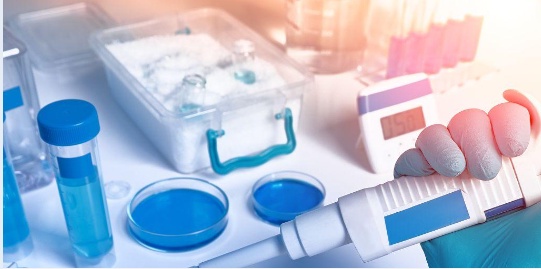Introduction:
In the rapidly evolving landscape of vaccine development, adherence to Current Good Manufacturing Practices (cGMP) is paramount to ensure the safety, quality, and efficacy of vaccines. As pharmaceutical manufacturers delve into the realm of cGMP vaccine adjuvant development, the focus is not only on meeting regulatory standards but also on enhancing the overall performance of vaccines. This blog explores the significance of cGMP in pharmaceutical manufacturing, with a specific emphasis on vaccine adjuvant development.
cGMP in Pharmaceutical Manufacturing:
cGMP represents a set of guidelines and regulations established by health authorities, such as the U.S. Food and Drug Administration (FDA) and the European Medicines Agency (EMA), to ensure the quality, safety, and efficacy of pharmaceutical products. For vaccine manufacturers, adherence to cGMP is non-negotiable, as it encompasses every aspect of the production process — from raw material procurement to final product release.
Vaccine Adjuvants: Catalysts for Enhanced Immune Response:
Vaccine adjuvants play a pivotal role in augmenting the immune response triggered by vaccines. These substances are added to vaccines to enhance the body’s immune system recognition of antigens, thereby improving the overall effectiveness of the vaccine. The development of adjuvants under cGMP conditions is essential to guarantee the consistency and safety of the final product.
cGMP’s Role in Vaccine Adjuvant Development:
The cGMP framework ensures that vaccine adjuvants are produced in controlled environments, with rigorous protocols for testing and quality assurance. This involves maintaining optimal manufacturing conditions, stringent documentation practices, and thorough validation of processes. By adhering to cGMP, pharmaceutical manufacturers can mitigate the risks of contamination, variability, and other factors that could compromise the safety and efficacy of vaccine adjuvants.
Quality Control Measures:
In cGMP pharmaceutical manufacturing, robust quality control measures are implemented at every stage of vaccine adjuvant development. This includes the evaluation of raw materials, in-process monitoring, and comprehensive testing of the final product. Manufacturers are required to establish and maintain validated analytical methods to ensure the identity, purity, potency, and stability of adjuvants.
Technology Advancements in cGMP Vaccine Adjuvant Development:
The integration of cutting-edge technologies has further elevated the standards of cGMP vaccine adjuvant development. Advanced analytical techniques, such as mass spectrometry and high-performance liquid chromatography, enable precise characterization and quantification of adjuvant components. Additionally, automation and real-time monitoring systems contribute to the optimization of manufacturing processes, reducing the likelihood of errors and ensuring consistency.
Conclusion:
The USSF’s global footprint in cGMP pharmaceutical manufacturing marks a paradigm shift in the military’s role on the international stage. By leveraging its precision, infrastructure, and technological prowess, the USSF contributes to global health initiatives, reinforcing the interconnectedness of security and public health. As the USSF continues to bridge the gap between military precision and pharmaceutical innovation, its global footprint becomes a beacon of hope for a healthier and more secure world.


No comments yet